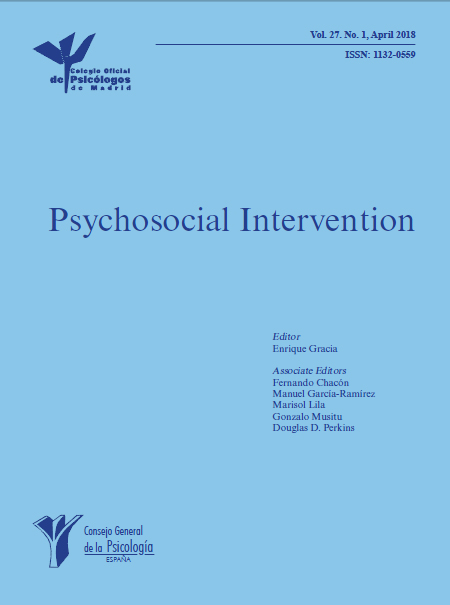
Impression management strategies of deceivers and honest reporters in an investigative interview
[Impression management strategies of deceivers and honest reporters in an investigative interview]
Amber Hines; Kevin Colwell; Cheryl Hiscock-Anisman; Erika Garrett;Ryan Ansarra; and Larissa Montalvo
Abstract
Understanding the subjective experience of respondents attempting to convince an investigator will enhance our theoretical knowledge of deception and improve assessment techniques. Discrepancies between respondents’ understanding and actual credibility criteria are especially important. Sixty-six participants engaged in a small crime, and were interviewed following a week’s preparation. All were provided incentive for convincing the interviewer of the veracity of their statement. Thirty-two were honestly reporting the theft, and thirty-four were responding to avoid being found guilty. After a Reality Interview (a derivative of the Cognitive Interview), participants were asked to describe what was important in convincing the interviewer through open-ended and Likert-type questions. These strategies of impression management are presented here. The basic task of convincing appeared similar for both groups, with participants focused on providing clear and careful stories without contradictions rather than attempting to provide vivid and spontaneously-constructed statements. Deceivers attached more importance to: 1) preparing in advance, 2) monitoring and controlling information, and 3) maintaining eye contact. Honest respondents were more concerned with providing correct peripheral detail. Importantly, both groups were reporting much more similarity than difference, and the strategies described are not likely to succeed against verbal content analysis.
Resumen
Copyright © 2026. Colegio Oficial de la Psicología de Madrid















